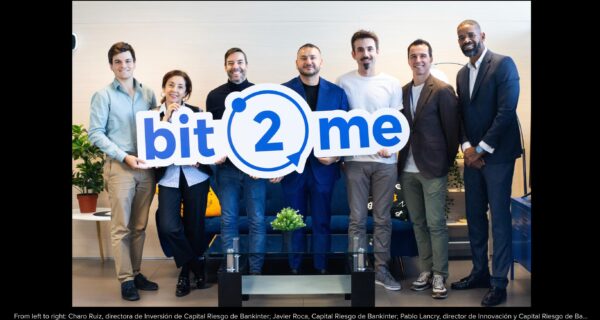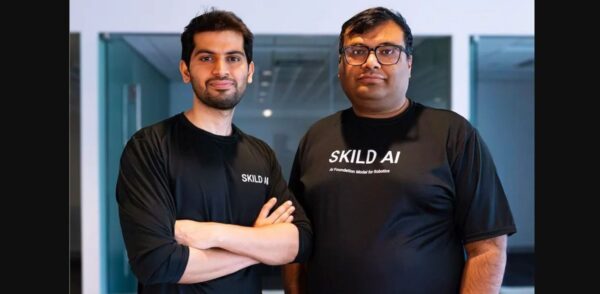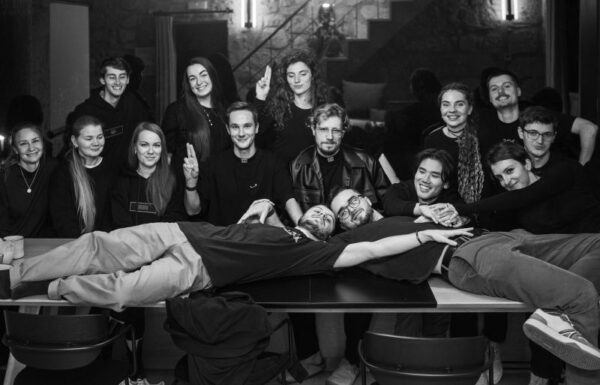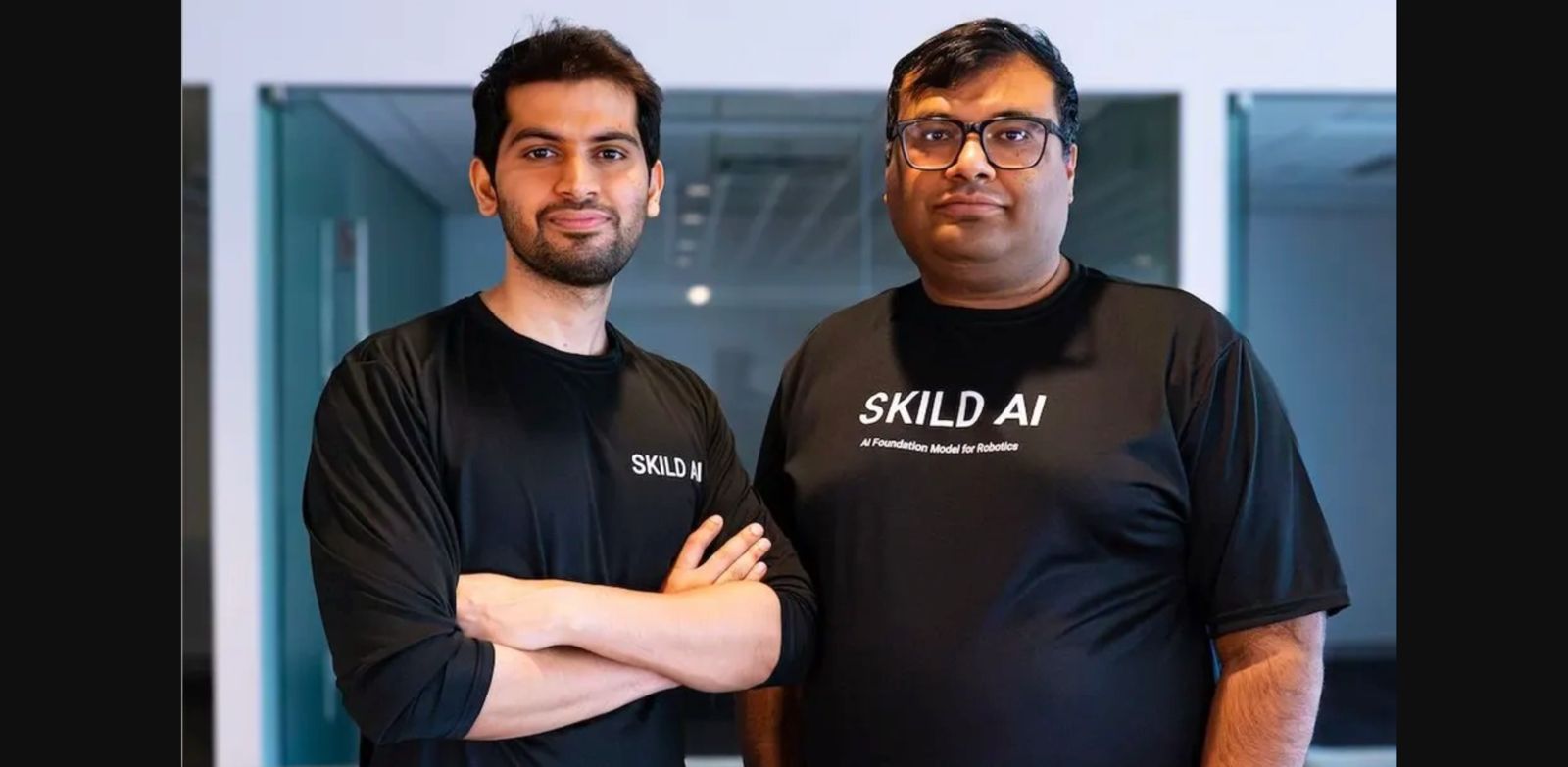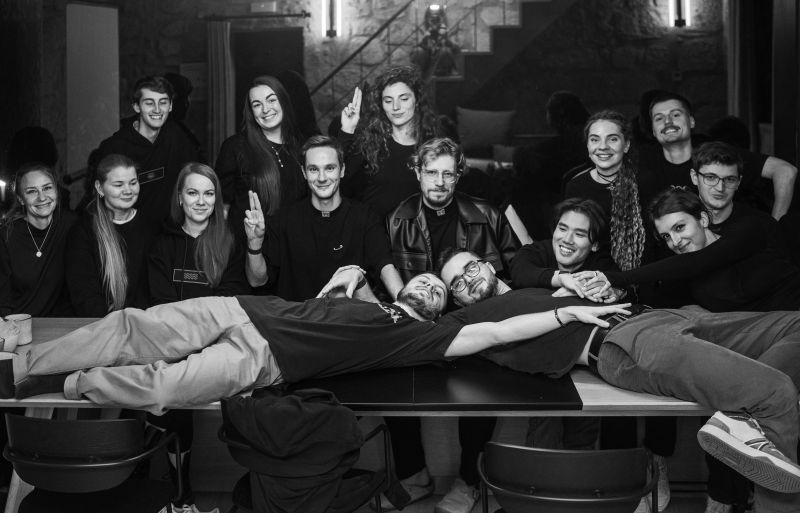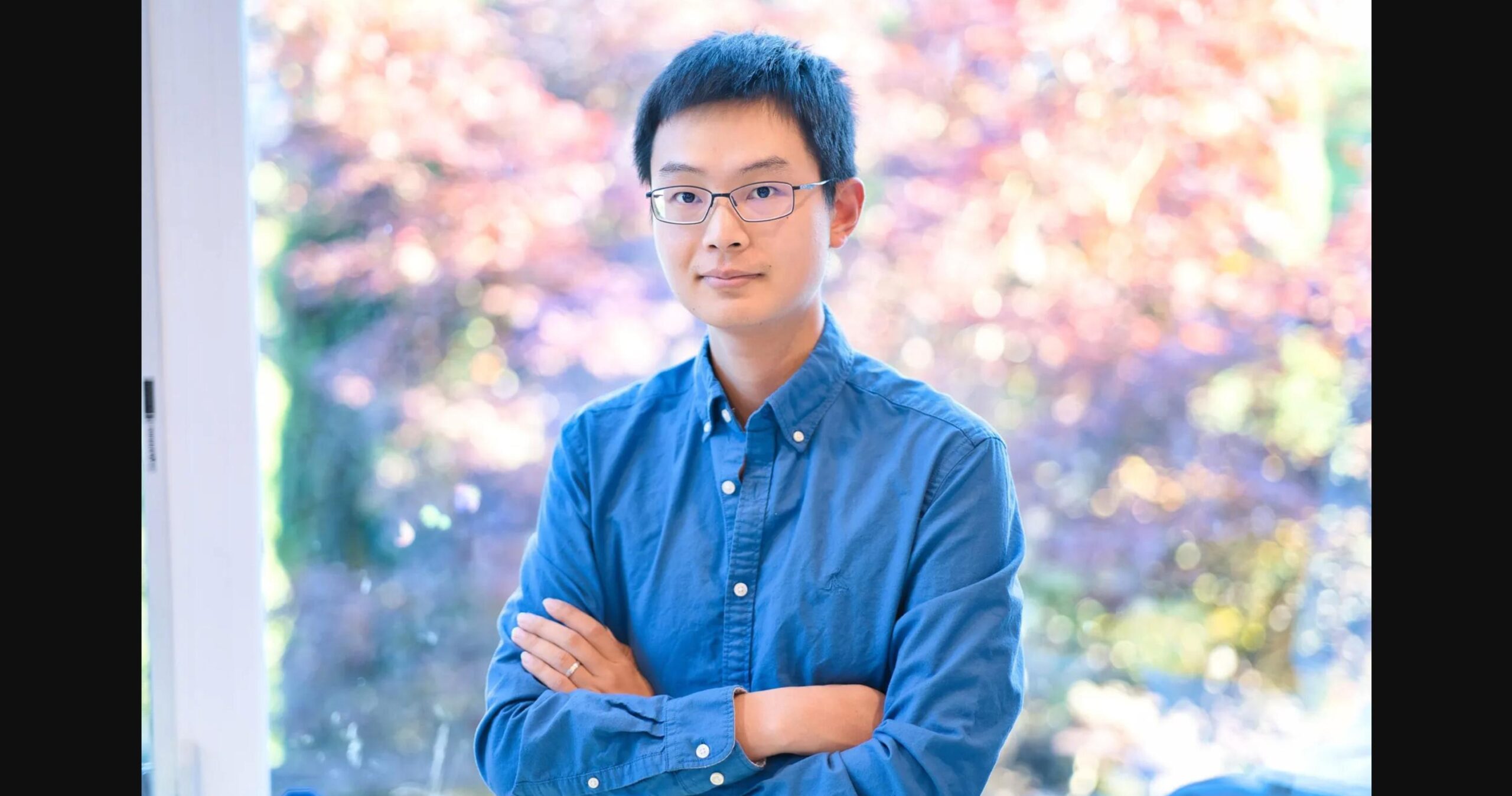In a major leap for the future of robotics, Tacta Systems, a rising force in tactile robotics, has announced a substantial $75 million funding round to supercharge the development of its breakthrough “Dextrous Intelligence” platform—technology aimed at giving robots the finesse, perception, and responsiveness of the human hand.
The total raise includes an $11 million previously unreported seed round led by Matter Venture Partners, and a freshly closed $64 million Series A led by America’s Frontier Fund and SBVA, with continued support from Matter Venture Partners, B Capital, EDBI, Sojitz Corporation, CDIB -TEN Capital, Yazaki Innovations Inc., B5 Capital, Tyche Partners, and Woven Capital.
At the core of Tacta Systems’ innovation is its unique blend of advanced software, adaptive hardware, and AI, embodied in a proprietary system known as Dextrous Intelligence. This platform functions like a smart nervous system for machines, enabling robots to interpret and respond to tactile cues with unprecedented human-like dexterity, making them capable of handling intricate tasks previously out of reach for automation.
“Enabling machines to solve complex, physical world problems is the next frontier in robotics technology,” said Andreas Bibl, Co-founder and CEO of Tacta Systems. “AI has made extraordinary progress in digital spaces—text, video, data—but the physical world remains largely unstructured and unpredictable. Our technology brings robotic understanding and adaptability into that world.”
The funding injection marks a pivotal moment for the company, which is now poised to transition from stealth development into high-gear commercialization, aiming to serve both industrial sectors—such as manufacturing and logistics—as well as consumer applications where tactile automation is game-changing.
“Tacta Systems is led by one of the most seasoned and accomplished Hard Tech entrepreneurs that I’ve ever seen,” noted Wen Hsieh, Founding Managing Partner at Matter Venture Partners. “The technology they’ve developed in the last 18 months is genuinely transformational. It stands to redefine how machines engage with the physical world.”
Editorial Insight: Why Tacta Systems Is Building the Future of Touch-Enabled Automation
The robotics industry stands at a profound inflection point. As AI evolves in digital domains, the challenge of bringing intelligence into the tangible world becomes more urgent. This is precisely where Tacta Systems is carving out its niche. Unlike many robotics startups that focus on visual perception or motion control alone, Tacta Systems is addressing the next, more difficult phase—true physical interaction.
The company’s Dextrous Intelligence isn’t just another robotics control system; it’s a framework that imitates how human hands perceive, adjust, and respond to a wide range of objects and conditions. The implications for labor-intensive sectors like warehousing, automotive assembly, and even elder care are enormous. In a world facing skilled labor shortages and an aging workforce, robots capable of nuanced manipulation could fill critical gaps—not by replacing people, but by amplifying what’s possible.
Moreover, Tacta Systems’ impressive consortium of backers reflects a rare consensus across venture capital, corporate innovation, and global industry players. With support from heavyweight investors such as America’s Frontier Fund, Sojitz Corporation, and Woven Capital, the company is uniquely positioned not just to lead in robotics innovation but to shape how the next generation of machines interact with the world.
This funding milestone is not merely a win for Tacta Systems; it’s a signal to the broader tech and manufacturing ecosystems that the age of dextrous automation is no longer science fiction. It’s here—and Tacta Systems is leading the way.
If you need further assistance or have any corrections, please reach out to editor@thetimesmag.com.

